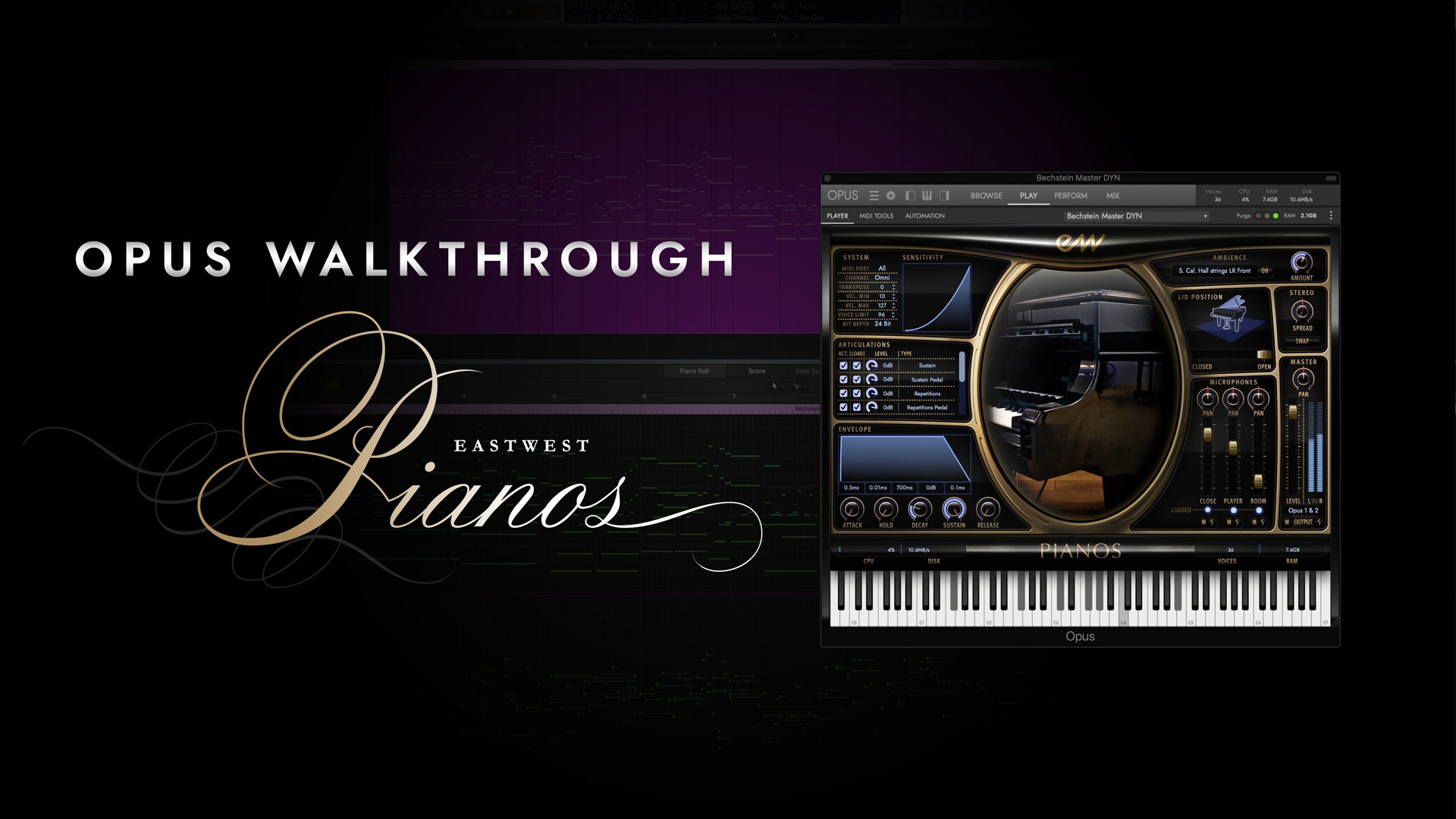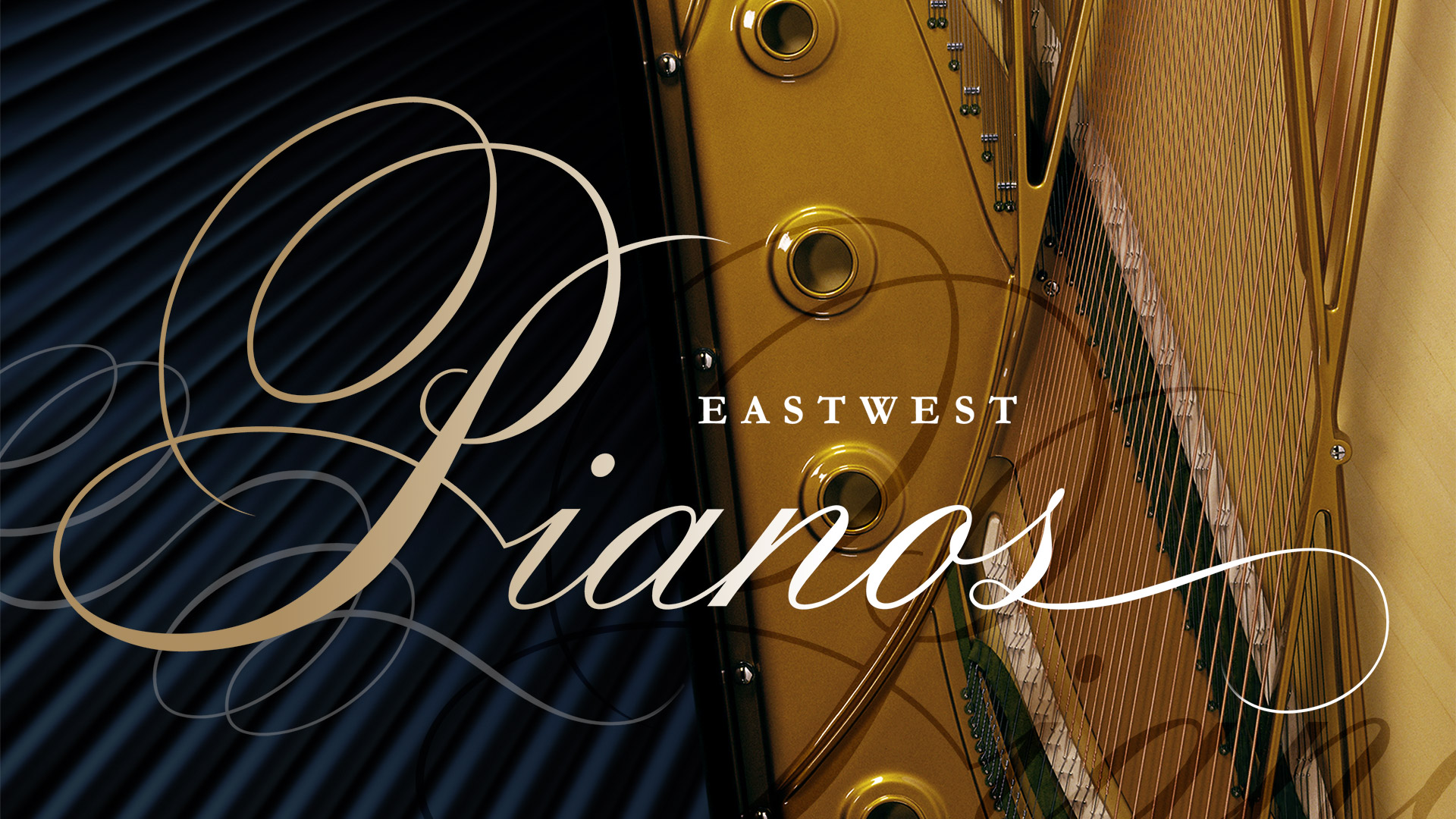
PIANOS
OVERVIEW
- Featuring the Bechstein D-280, Steinway D, Bösendorfer 290, and Yamaha C7
- Created by award-winning sounds producers Doug Rogers and Nick Phoenix
- Includes the same impulse responses used to record Symphonic Orchestra and Symphonic Choirs, allowing all 3 to blend easily and seamlessly
- Close mic recordings engineered by Ken Scott (Elton John, Supertramp, David Bowie, The Beatles)
- Recorded in a specially-prepared piano environment with vintage Neumann microphones, Meitner AD converters and a classic 8078 Neve console
- Load only the mic positions you want into memory (each piano contains roughly 60 GBs of samples)
A Legendary Collection
Pianos was created with a singular goal: to fully capture every sonic detail possible from 4 of the most sought-after grand pianos in the world by any means necessary. With 3 individual mic positions, 8 separate articulations, and up to 18 velocities per note for each articulation, the detail and stereo image of every piano is highly customizable to your exact performance and mixing needs out of the box. You can easily mix multiple mic positions and simulate the damping effects of a real grand piano lid for each instrument, giving you full performance flexibility.
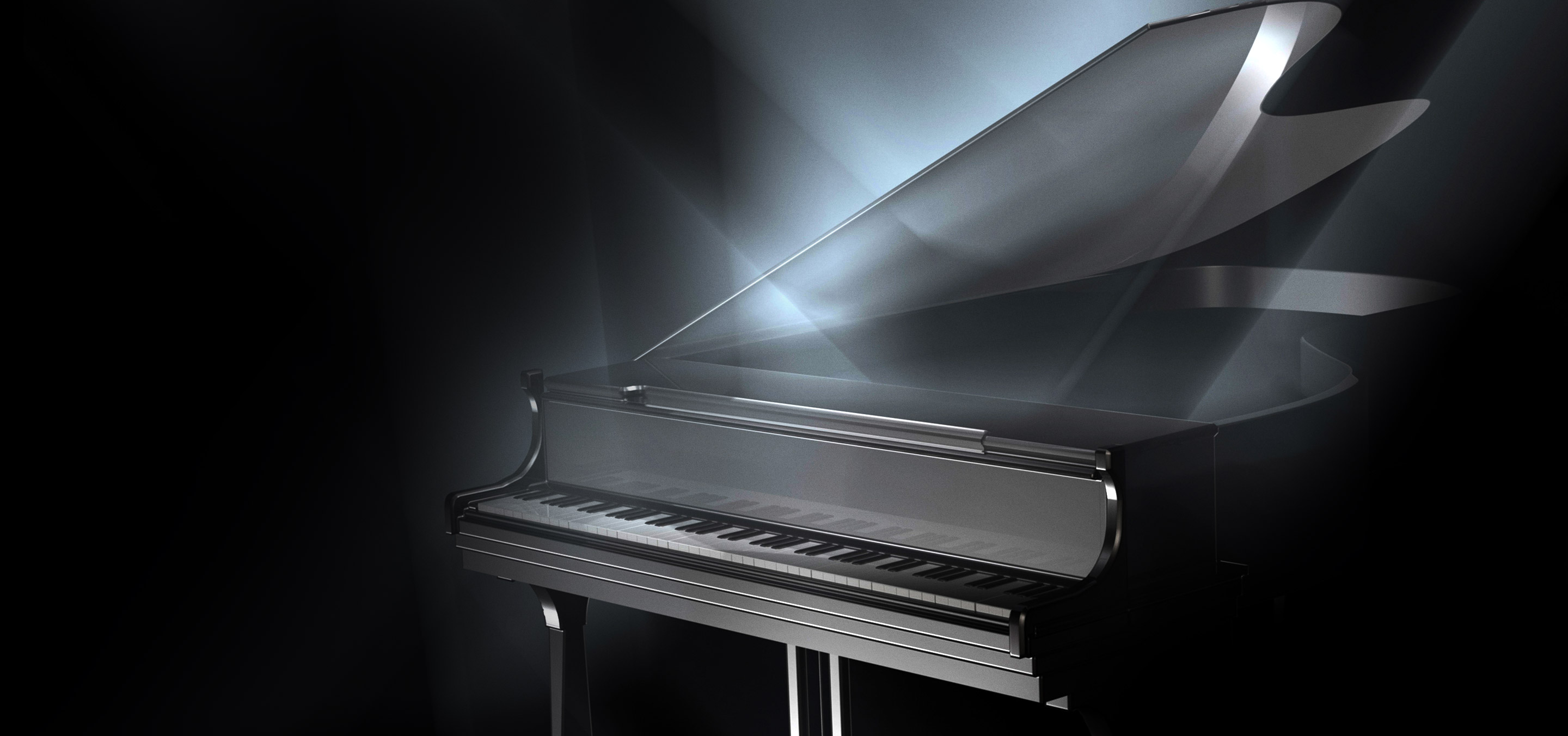
The new meaning of heavyweight. EastWest Pianos stands out because it's the biggest most ambitious sampled piano project ever, with the sound quality to prove it.
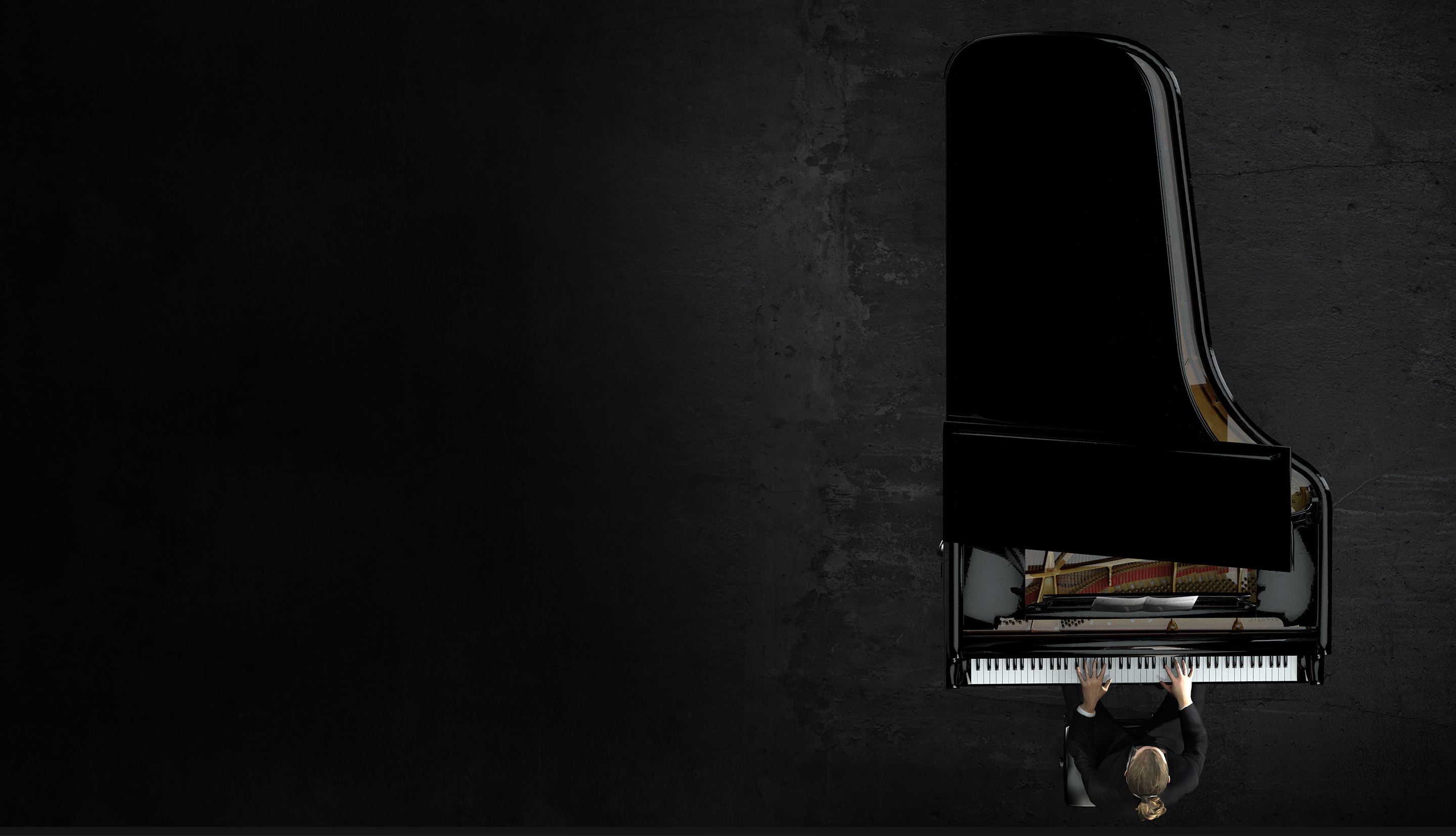
Unparalleled Realism
Listen to any of the audio demos of Pianos, and you’ll find it difficult to believe the performances weren’t recorded live in a concert hall. Every piano (Steinway, Bösendorfer, Bechstein and Yamaha) has enough fine detail to suit everything from quiet, subdued passages to virtuoso performances--and you can push their dynamic range as hard as you need to, effortlessly jumping between pianissimo and fortissimo as desired. Pianos seamlessly transitions between 7 different articulations: sustain, sustain with pedal, repetitions, repetitions with pedal, soft pedal, soft pedal with sustain pedal, and staccato, with individual release trails.
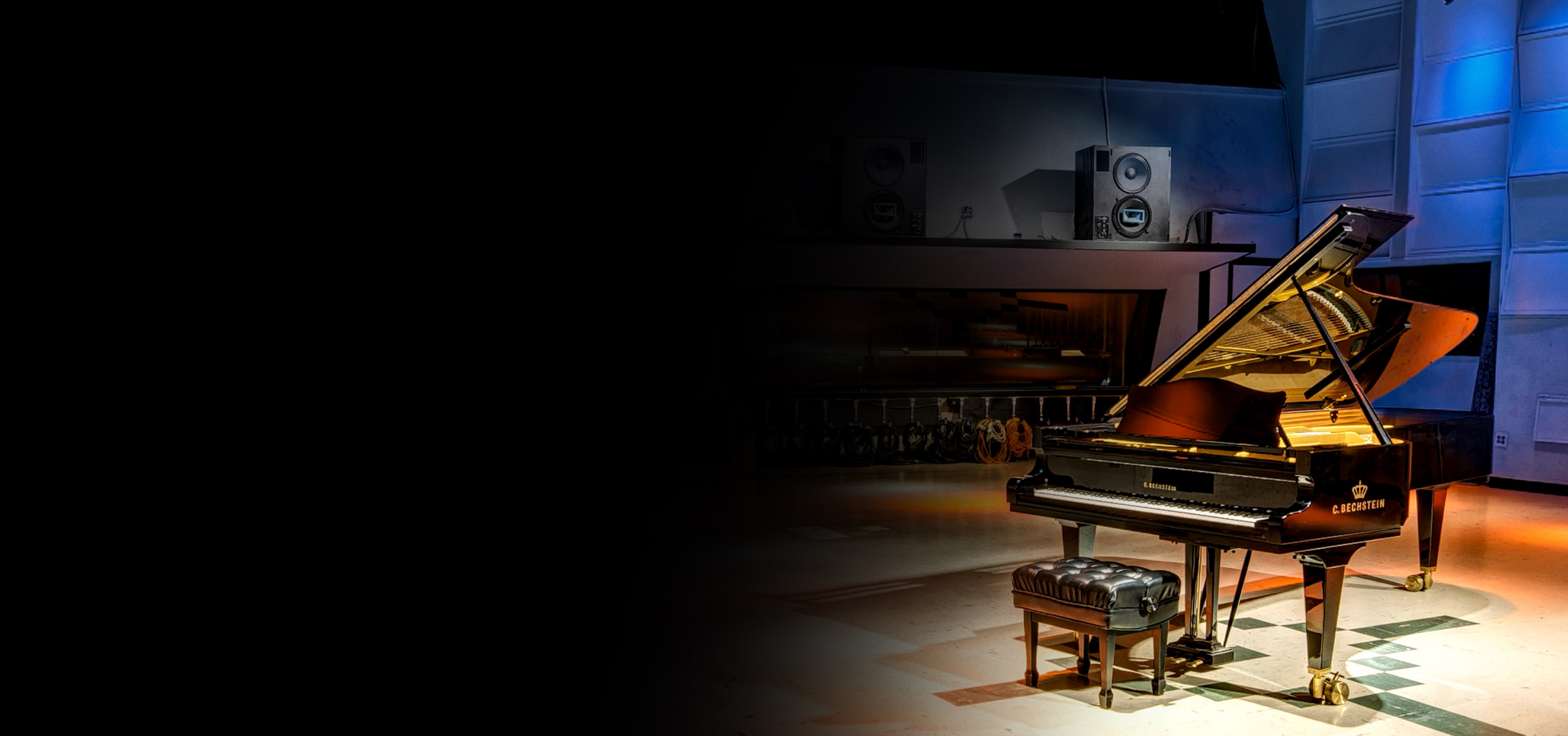
These are without question the most gorgeous sounding sampled pianos I've ever heard. The greatest accomplishment is the way the room sound was captured. Even when using only the Player position I found it almost unnecessary to invoke the built-in convolution reverb, which is amazing in and of itself.
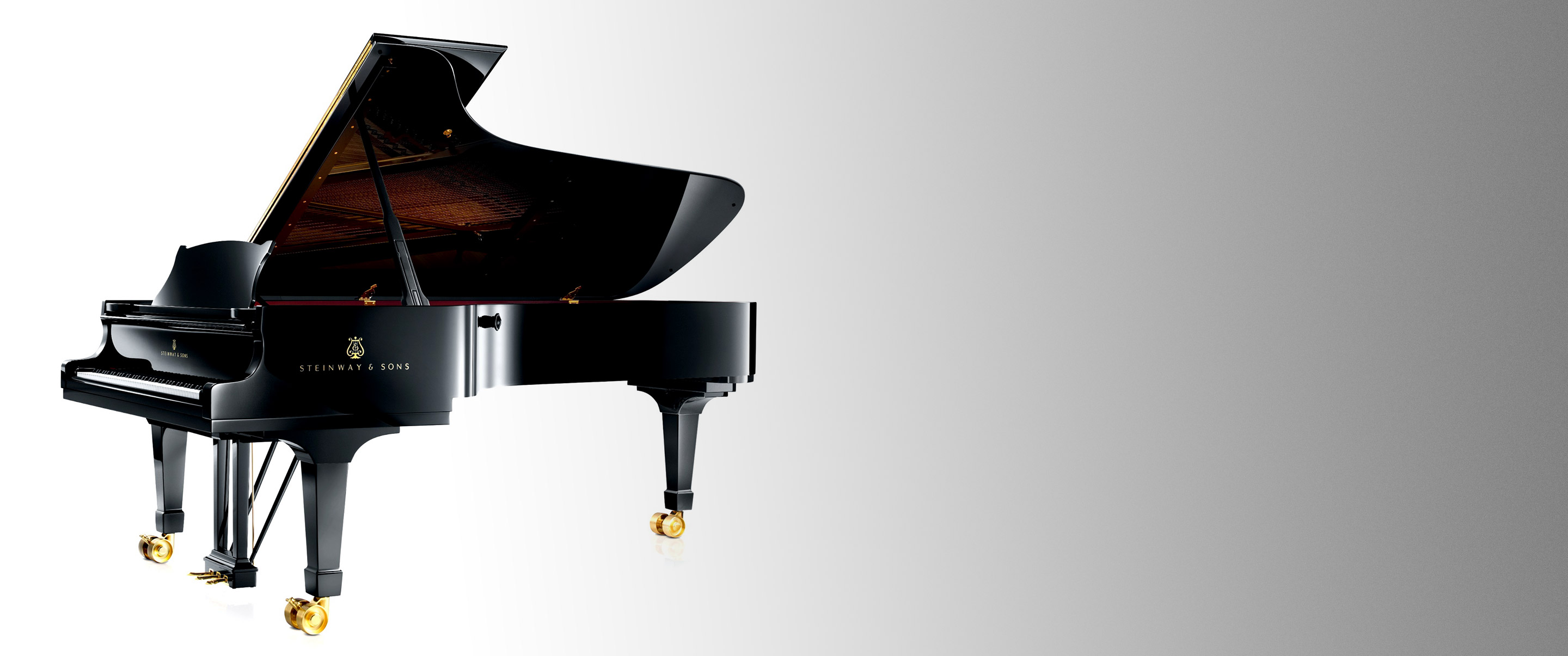
Steinway D
Bright, regal and elegant. The Steinway D captures the full sound of the concert hall and grows into a space larger than life. While capable of gracefully handling soft passages, this piano shines in broad, virtuosic passages. In the hands of a composer, it’s an excellent way to bring one of the world’s most famous pianos into your own studio; in the hands of a skilled performer, it’s a highly powerful weapon in your arsenal.
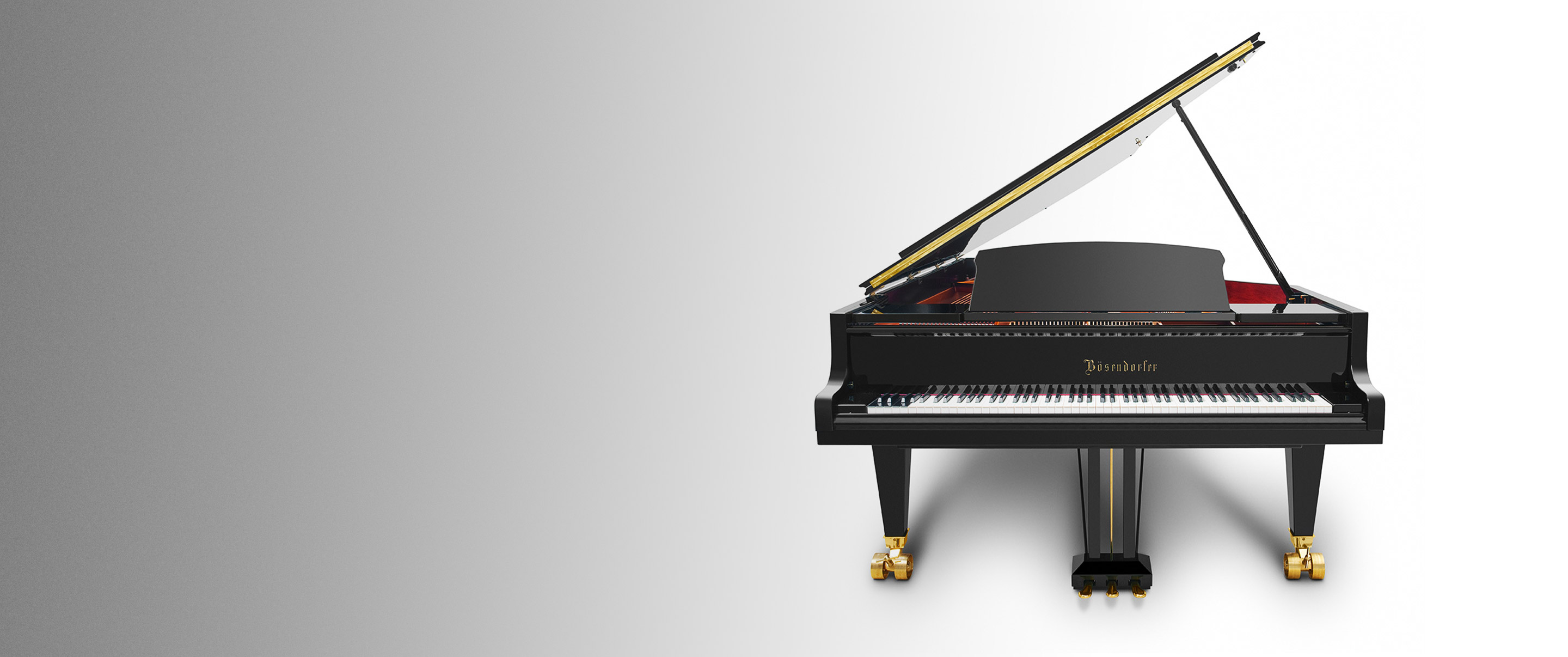
Bosendorfer 290
Far mellower than the Steinway D, the Bosendorfer 290 excels in both light & bouncy and legato & sustained passages. Rather than aspiring to the grandeur of its brighter rival, it prides itself on buttery smooth performances. When you engage the sustain pedal, this smoothness increases tenfold and lends this Bosendorfer the power and richness of an entire orchestra.
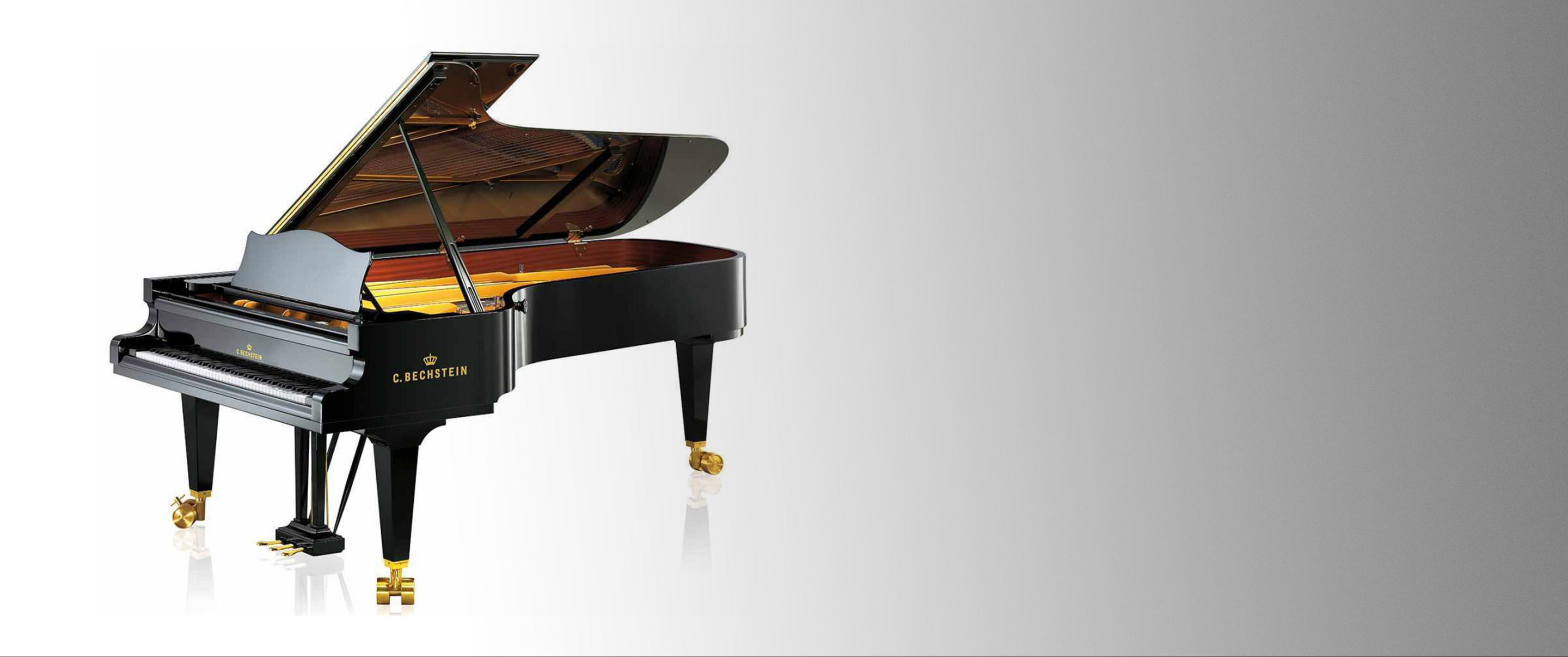
Bechstein 280
The clear winner in clear detail and note separation. Whereas the other instruments in Pianos excel in creating a larger-than-life acoustic tapestry, the Bechstein 280 is perfectly content to offer precise harmonic separation between every note. Each note is slightly thinner than the other pianos, which affords you the ability to perform incredibly complex passages and still hear each individual note, no matter how large your chord stacks are.
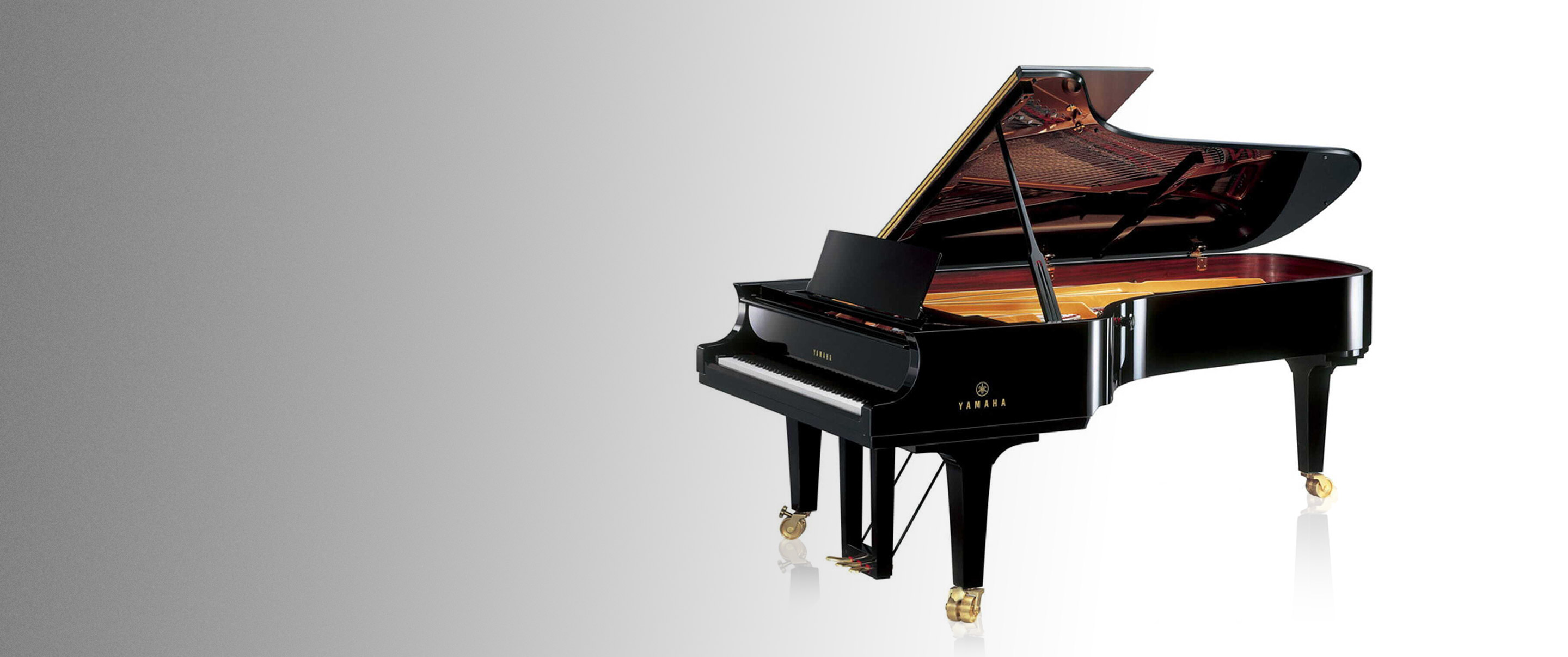
Yamaha C7
With a beautiful mid-range and a light twinkle in the high end, the Yamaha C7 is an excellent choice for blues and folksy music, especially old American classics. It offers a unique blend of smoothness and character that practically beg you to throw in a few jazzy ornaments here and there. While perfectly suitable for orchestral writing, this piano shines in genres like stride and ragtime.
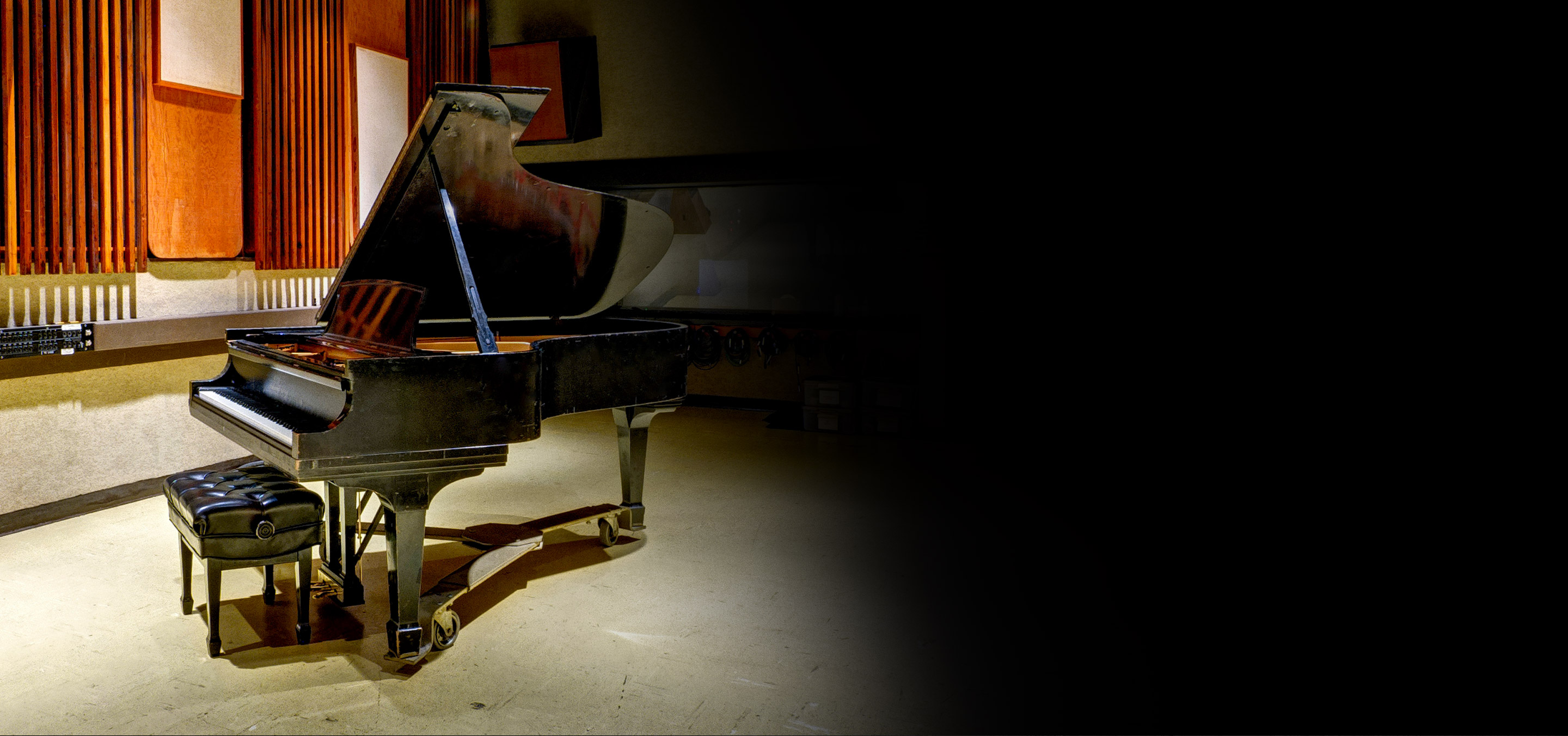
This collection of four superb instruments raises the bar for sampled grand piano playability.
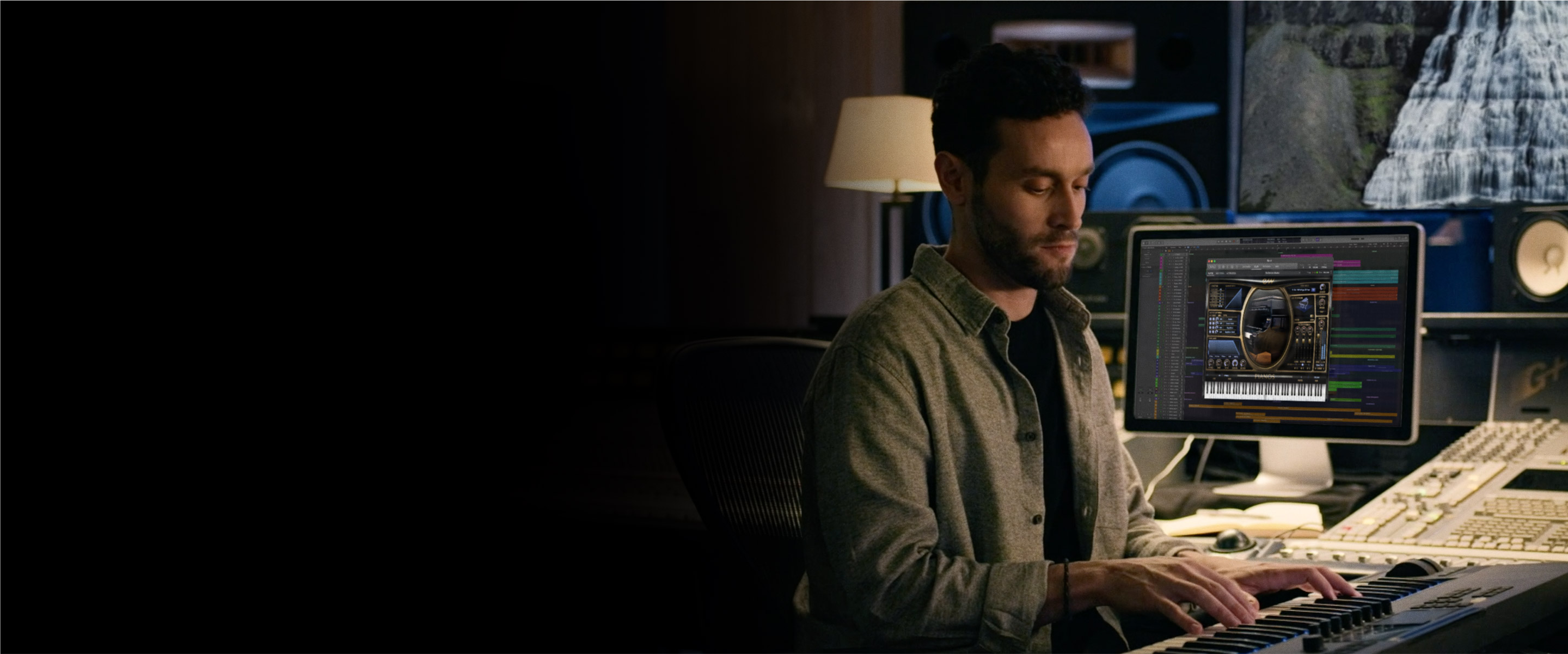
WHAT WILL YOU
CREATE?
Together, these 4 pianos provide you with a range of options in nearly any genre you’ll ever compose. One of the most endearing aspects of Pianos is that even though all the instruments are concert grands, each has a unique personality that wants to be expressed differently. The more you write, the more you’ll pick up on those subtleties and love reaching for the exact one you know will fit perfectly. Pick your favorite genre, try out each one, and listen for that perfect fit--and add Pianos to your collection today.
Get Pianos and all 70+ collections that include over 42,000 instruments with ComposerCloud+
VIDEOS
MANUAL
REVIEWS
In summation, these are without question the most gorgeous sounding sampled pianos I've ever heard. The greatest accomplishment, in my view, is the way the room sound was captured. Even when using only the Player position I found it almost unneccessary to invoke the built-in convolution reverb, which is amazing in and of itself.
If you're looking for the most authentic sounding sampled grand pianos available at this time, and have a system that can handle it, Quantum Leap Pianos is a must-consider. Just make sure you have the latest vesion - and a computer that is ready for it!
— RECORDING MAGAZINE
Piano sound being such a personal thing, it‘s hard to predict which way players might jump if asked to choose between QL Pianos' instruments. Whatever your preference, it's clear that all four are very good sampled pianos, and since they're sold as a bundle, buyers will be spoiled for choice!
Editing the 68,000 samples in this library took four people eight months, and I bet pianist John Sawoski‘s fingers are still aching!
The ultimate test of whether all the effort was worth it comes when a musician sits down to play the instruments, and this musician spent many happy hours playing the ‘fab four’ (to coin a phrase) pianos included in this world-beating collection.
This collection of four superb instruments raises the bar for sampled grand piano playability without hiking the price too high.
— SOUND ON SOUND
The new meaning of heavyweight. Players agreed that EastWest has by far the most detailed and biggest-sounding pianos of the bunch. "The dead center of the Bosendorfer's dynamic range sings out for a long time," noted Fortner, "exactly like the real thing, and the nine extra notes below bottom A [a famous feature of the real thing] are just thunderous." Richard Leiter said, "This sounds like a good recording of a good piano. It makes me want to play late 19th Century classical - if I could!" Aikin added, "This'd be loverly for Chopin, but not the patch you'd load for Bach ... or Little Richard." Trying the Steinway, Aikin said, "I'd sit down and play this for pleasure over the Bosendorfer. It's very lively, with just the right combination of depth and brilliance." He was even happier with the Bechstein: "This makes me want to play Mozart. There's a nice singing quality and melodic projection over chords. I have a sense of comfort here, even more than with the Steinway." The Bechstein was also Fortner's favorite for his R&B-derived playing style: "Lean into it, and it doesn't go quite as far as the Yamaha, but the bell-like harmonics you want for pop come forward. Lean back, and it's brooding and mellow. Gorgeous." EastWest Pianos stands out because it's the biggest most ambitious sampled piano project ever, with the sound quality to prove it. You'll need a bad-ass computer to play the full-size presets with abandon, but if you have one - wow!
— KEYBOARD MAGAZINE
SYSTEM
REQUIREMENTS
Below are the minimum and recommended hardware and software specifications for using Opus on Windows and MacOS systems.
|
MINIMUM SYSTEM
|
RECOMMENDED SYSTEM
|
The chart below outlines the MacOS and Windows 64-bit operating systems and sequencers that are officially supported and fully tested with the latest version of Opus. Please note that while most Sequencers / DAWs are VST 2, VST 3, AU and AAX plug-in format compatible, only those listed in the chart below are officially supported.
| Product | Version | MacOS (10.13+) | Windows 10 |
|---|---|---|---|
| EW Play 6 Stand-Alone | 6.0+ | YES | YES |
| EW Opus Stand-Alone | 1.0+ | YES | YES |
| Ableton Live | 10.0+ | YES | YES |
| Apple Logic Pro | 10.0+ | YES | - |
| Apple Garageband | 10.3+ | YES | - |
| Avid Pro Tools | 2018.1+ | YES | YES |
| Bitwig Studio | 3.0+ | YES | YES |
| Cockos Reaper | 6.0+ | YES | YES |
| Image-Line FL Studio | 20+ | YES | YES |
| Motu Digital Performer | 9.0+ | YES | YES |
| Steinberg Cubase(1) | 9.0+ | YES | YES |
| Steinberg Nuendo(1) | 8.0+ | YES | YES |
| Presonus Studio One | 4.0+ | YES | YES |
| VSL Vienna Ensemble Pro | 6.0+ | YES | YES |
| Acoustica Mixcraft | 10.5+ | - | YES |
| Notation Software(2) | Version | ||
|---|---|---|---|
| Avid Sibelius | 2018.1+ | YES | YES |
| MakeMusic Finale | 25.0+ | YES | YES |
| Steinberg Dorico | 3.0+ | YES | YES |
- (1) VST3 usage is recommended
- (2) Sibelius / Finale / Dorico notation programs work with Opus, but do not support the full feature set of some Opus/Play Libraries, such as those that use WordBuilder. Please contact support for details.
Pianos
Do You Want to Buy This Product or Get All Products With ComposerCloud+?
- Includes perpetual license to Pianos
- Includes EastWest Instruments
- Includes EastWest Opus Player, 46 Mixer Effects and MIDI Tools
$239.88/year $149/year
- Includes Pianos and all 70+ EastWest releases
- Includes 43,776 EastWest Instruments
- Includes EastWest Opus Player, 46 Mixer Effects and MIDI Tools
- Includes all new product releases
Instant Savings:
Was:
![]()
Pay over 3, 6, or 12 months starting at $23 per month
Check your purchasing power
Delivered In Minutes!
Delivered by download. You can download individual instruments in seconds.
Software Is Not Returnable
Sorry, Software cannot be returned once it has been delivered. Contact our support if you need any help with ensuring compatibility or finding the right version.
WHAT'S
INCLUDED?
- Produced by award-winner producer Doug Rogers and Grammy winner David Fridmann
- 40 GB of distorted and eerie percussion, guitars, choirs and more
- Pre-rendered sounds pushed through analog vintage & tube effect chains
- Easy to drop into metal, industrial, or hybrid orchestral songs
- Powerful tool for film, TV, and game music production
- Winner of a MIPA Award
